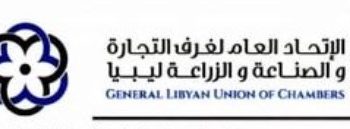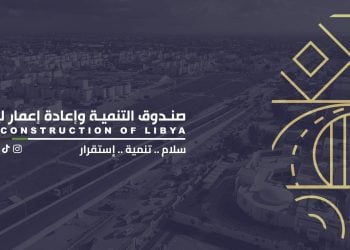By Tom Westcott
London, 20 June 2013:
This week’sLondon roundtable in the lead up to the FDI Libya 2013 conference in the UK . . .[restrict]capital this September showed that the much-anticipated event is attracting international interest.
The FDI Libya Focus 2013: Roundtable Conference on the Future of Libya’s Economic Progress, attracted senior Libyan and British government officials and diplomats from the Arab League, the UAE, Egypt and Spain. Top companies, including Shell, Libya Holdings, Gazprom and Deloitte were represented and businessmen flew in from Russia, Dubai and around the EU, as well as Libya, to attend the roundtable.
FDI Libya 2013 was originally due to take place in May, but was postponed until September at the request of Libya’s Economy Ministry.
Introducing the conference, co-chairman of FDI Libya, Michael Thomas, said that with the imminent government reshuffle, brought about by the passing of the Political Isolation Law, the organisers felt it was important to let people know that, although things are moving slowly in Libya, they are going well.
Member of the General National Congress (GNC), Mohammed Ali Abdallah, said that in Congress there was: “A strong commitment to the reshuffle because decisions that should have been made, were not.” He said that although new Libya’s journey would be long and rough, he felt that the country could become a pillar and role model in the region.
He pointed out that partners who were prepared to travel this journey with Libya would be the ones who would reap the most rewards. “Those who were with us along the way are the ones we’ll look to,” Abdallah said.
The British Prime Minister’s trade envoy, Lord Jonathan Marland, urged those present to think of the rebuilding processes the country has to go through, saying, “we need to be patient.” He said that British businesses had the advantage of being: “At the top of the shopping list for Libya.”
The country, Marland said, “has a huge amount of opportunities for British companies,” pointing out that UK Trade and Investment (UKTI) had sent 30-40 delegations to Libya since the revolution.
UKTI representative Nick Archer said that UK companies were hankering after an unfolding development plan and were eager to see confidence on the part of the Libyan government to start signing off on projects and giving out contracts. Nevertheless, he said, the UK has an “undiminished appetite for doing business with the New Libya, to the mutual benefit” of both countries.
With much of the country lacking infrastructure and in need of reconstruction, opportunities for foreign direct investment are likely to be considerable and varied.
Libyan Deputy Oil and Gas Minister, Omar El Shakmak, said that there would be opportunities for development in the country’s hydrocarbon sector. Joint ventures with government companies could be considered, he said, and downstream activities will be open for investment. Technical services, in particular, Shakmak said, would be open widely for both Libyan and international contractors.
Abdallah said that: “Anything that can help improve the life of Libyan citizens will be given priority.” This, he said, will include the infrastructure needed for the 2017 Africa Cup of Champions, which will be held in Libya. He also said that the country’s current business laws were being reformed and, by the end of September, changes would be adopted “to encourage investment in Libya and encourage the private sector.”
September’s two-day conference will look at a range of sectors and how and where foreign direct investment could have a role to play. The first day will look at economic diversification and opportunities for investment, Libya’s energy sector, and major infrastructure investment. The second day will include sessions on the changing face of construction, education and healthcare reform and transformation.
FDI Libya 2013 will take place in London from 17 to 18 September.
For more information see: www.fdilibya.com or email: [email protected] [/restrict]







